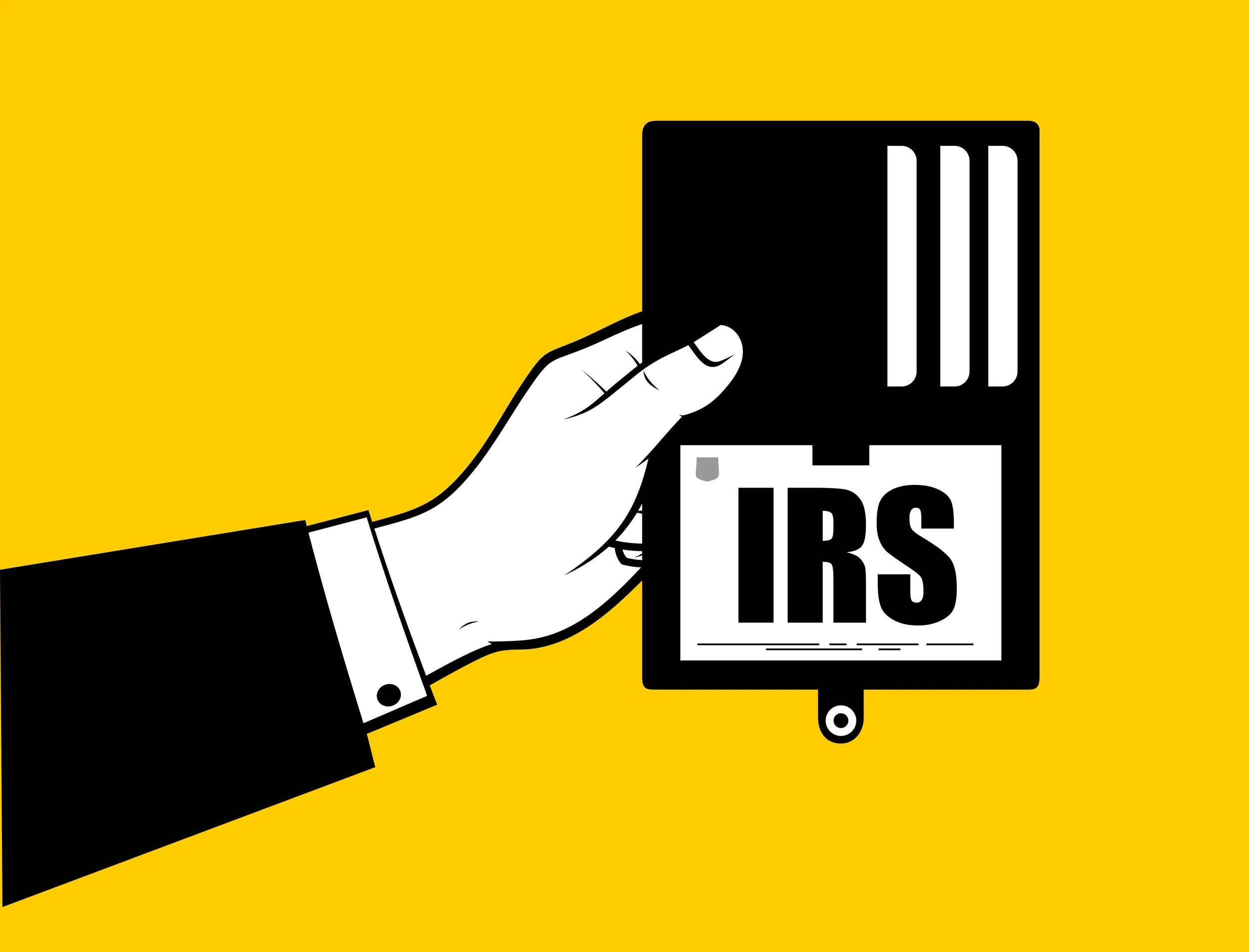Latest From the Blog
Cut Your 2024 Taxes Before It's Too Late
As usual, most moves to reduce 2024 taxes need to be completed by Dec. 31, and the clock is ticking. Here are several to know about.
Who Needs to Pay Estimated Taxes?
Estimated taxes are payments made to the IRS (or relevant tax authority) throughout the year to prepay your income taxes. But who needs to pay estimated taxes, and why? In this blog, we'll explore the circumstances in which estimated tax payments are required.
Is 'Rizz' the Secret to Getting Ahead at Work?
At its heart, charisma isn’t about some grand performance. It’s a state we elicit in other people, Duhigg says. It’s about fostering connection and making our conversation partners feel they’re the charming—or interesting or funny—ones.
You Haven't Filed Your Tax Returns in Recent Years? The IRS is Coming.
“People receiving these letters should take immediate action to avoid additional follow-up notices, higher penalties as well as increasingly stronger enforcement measures,” the IRS warns.
“This is the IRS’s gentle tap on the shoulder. The next tap could be much harder,” says Caroline D. Ciraolo, a partner with the Kostelanetz law firm in its Washington, D.C., office and a former acting assistant attorney general of the Justice Department’s tax division.
Your Questions on Paying Estimated Taxes, Answered
Say that a taxpayer has a surge of income in the fourth quarter that doesn’t have withholding. If he makes a tax payment covering this income in the same quarter, the IRS’s computers won’t match them. Instead, the system assumes the income was earned evenly throughout the year. Then it assesses an interest-based penalty because it thinks that some of that tax was due earlier and that estimated payments should have been made in earlier periods.
The Pros and Cons of 529 Prepaid College Tuition Plans
As the cost of higher education continues to soar, many families find themselves grappling with the daunting task of saving for their children's future academic endeavors. 529 plans are a popular—and potentially powerful—option for college savings. Put simply, 529 plans are tax-advantaged education savings vehicles, where the funds are for college only. However, like any financial instrument, 529 plans come with their own set of advantages and limitations.






